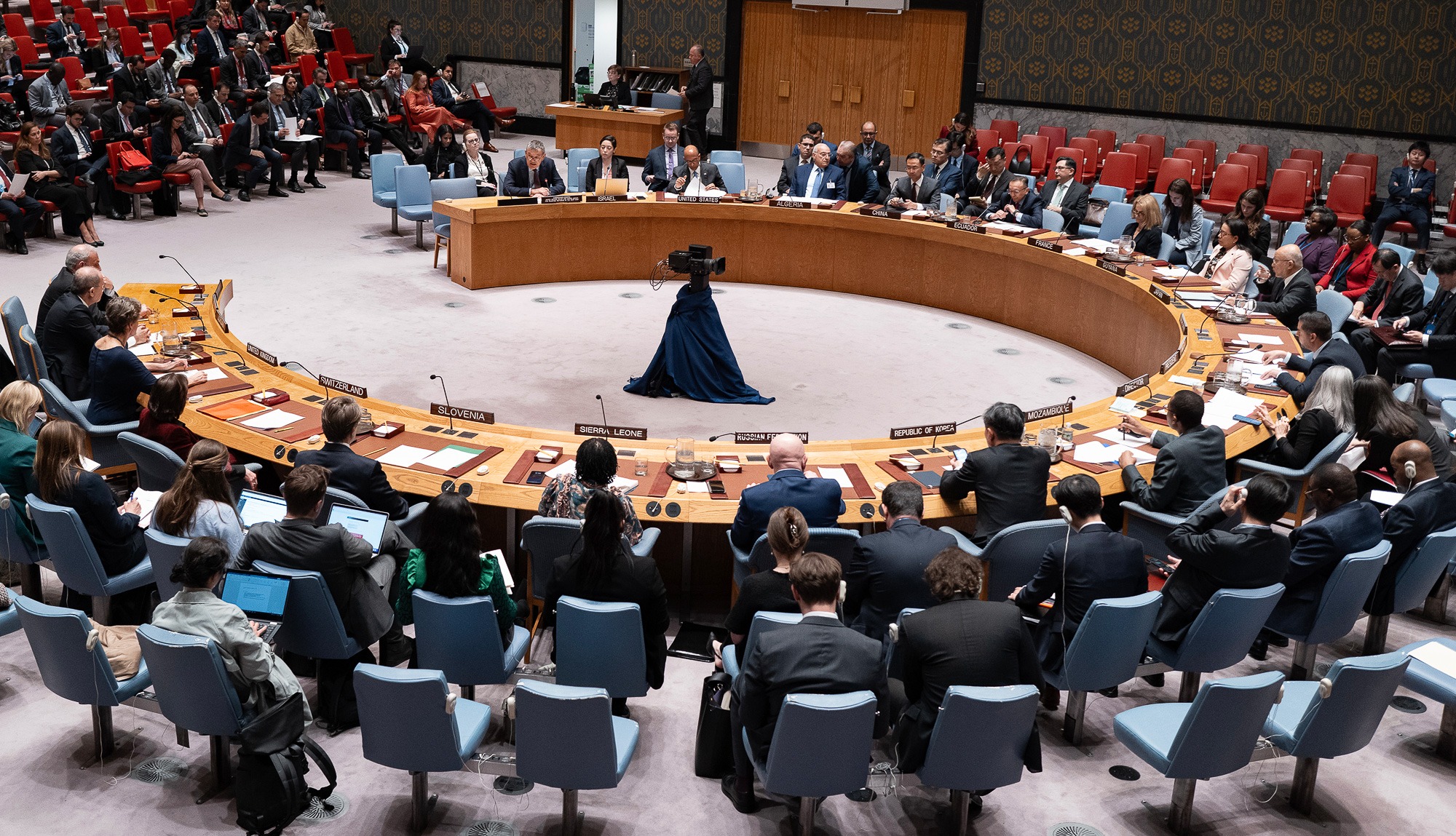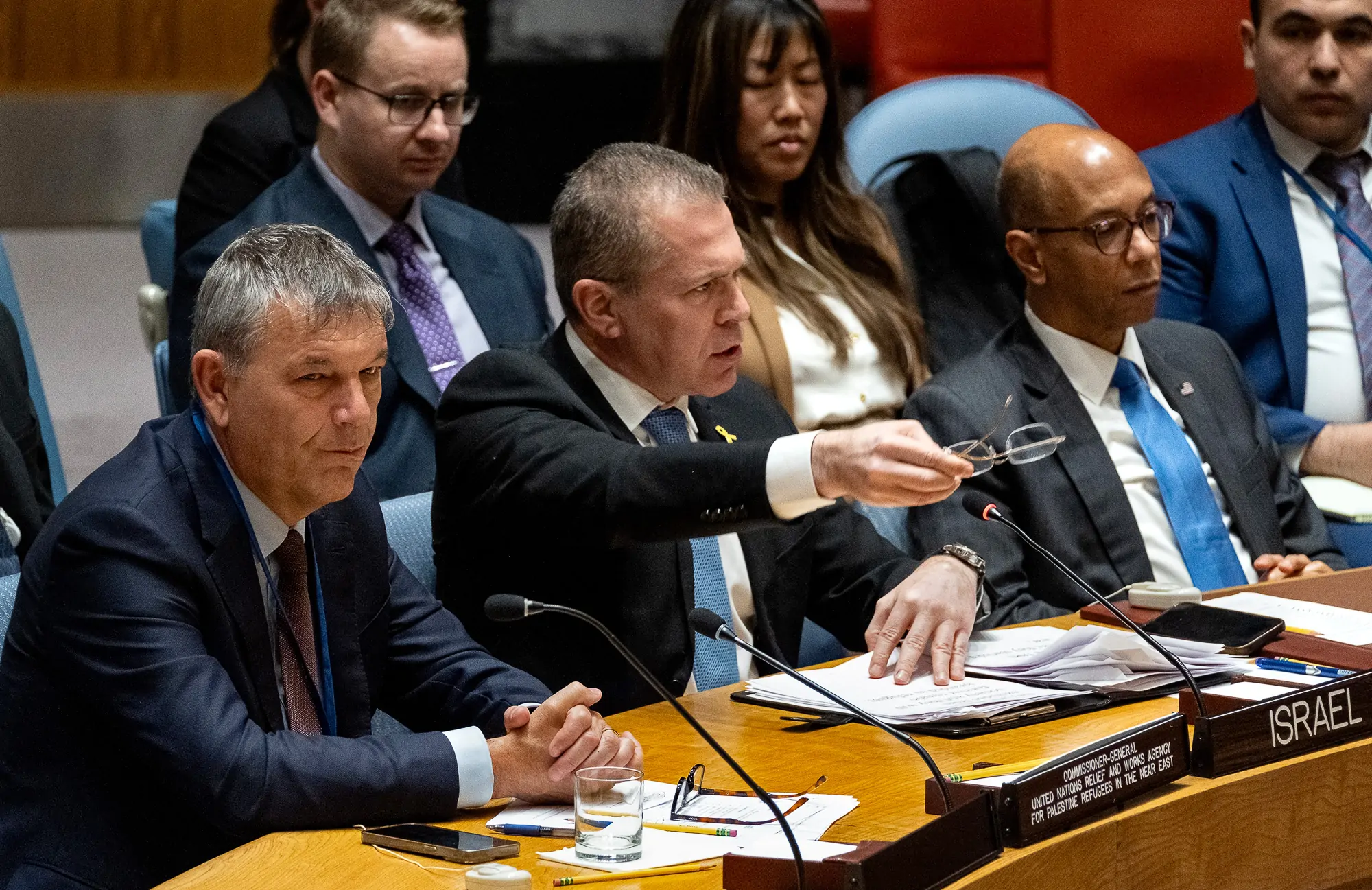The United States vetoed a resolution that would have allowed Palestine to become a full member of the United Nations. The move blocked Palestine’s bid despite receiving strong support with 12 votes in favor, two abstentions from the U.K. and Switzerland, and significant backing from U.S. allies like France, Japan, and South Korea.
The resolution aimed to escalate Palestine’s status to the 194th member of the U.N. General Assembly, a body where no veto power exists and approval is almost guaranteed, given existing recognition from about 140 countries.

Despite the setback, Palestinian determination remained strong. Palestinian U.N. Ambassador Riyad Mansour voiced his resolution, emphasizing the inevitability of a Palestinian state seen not as a distant dream, but a near reality.
The U.S. said it vetoed it, not as a rejection of Palestinian statehood, but as a stance that statehood should emerge from direct talks between the involved parties. U.S. Deputy Ambassador Robert Wood highlighted unresolved issues like Hamas’ influence in Gaza, arguing that these complicate Palestine’s state qualifications.
Click play to listen to the report from AURN White House Correspondent Ebony McMorris. For more news, follow @E_N_McMorris & @aurnonline.



